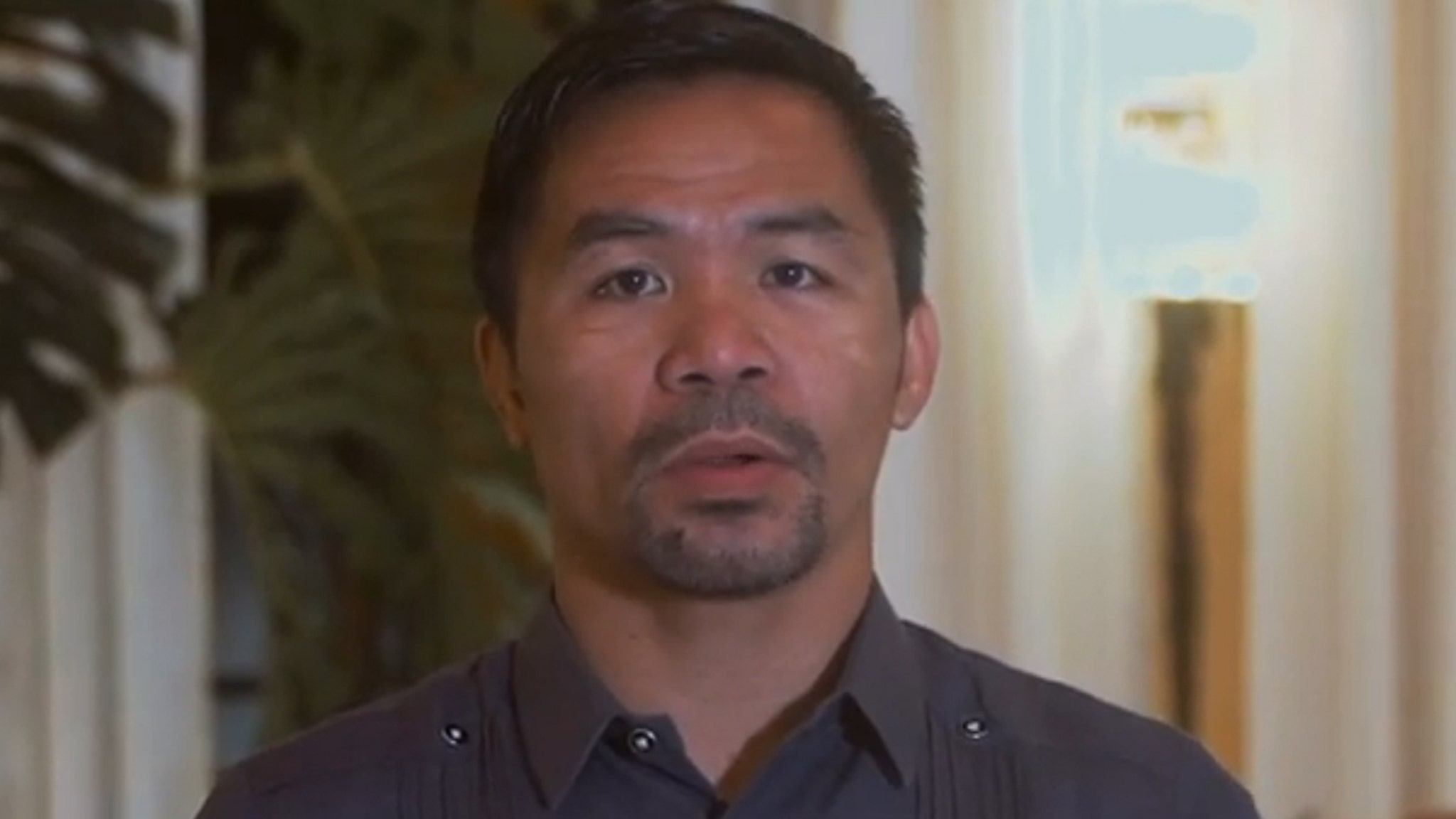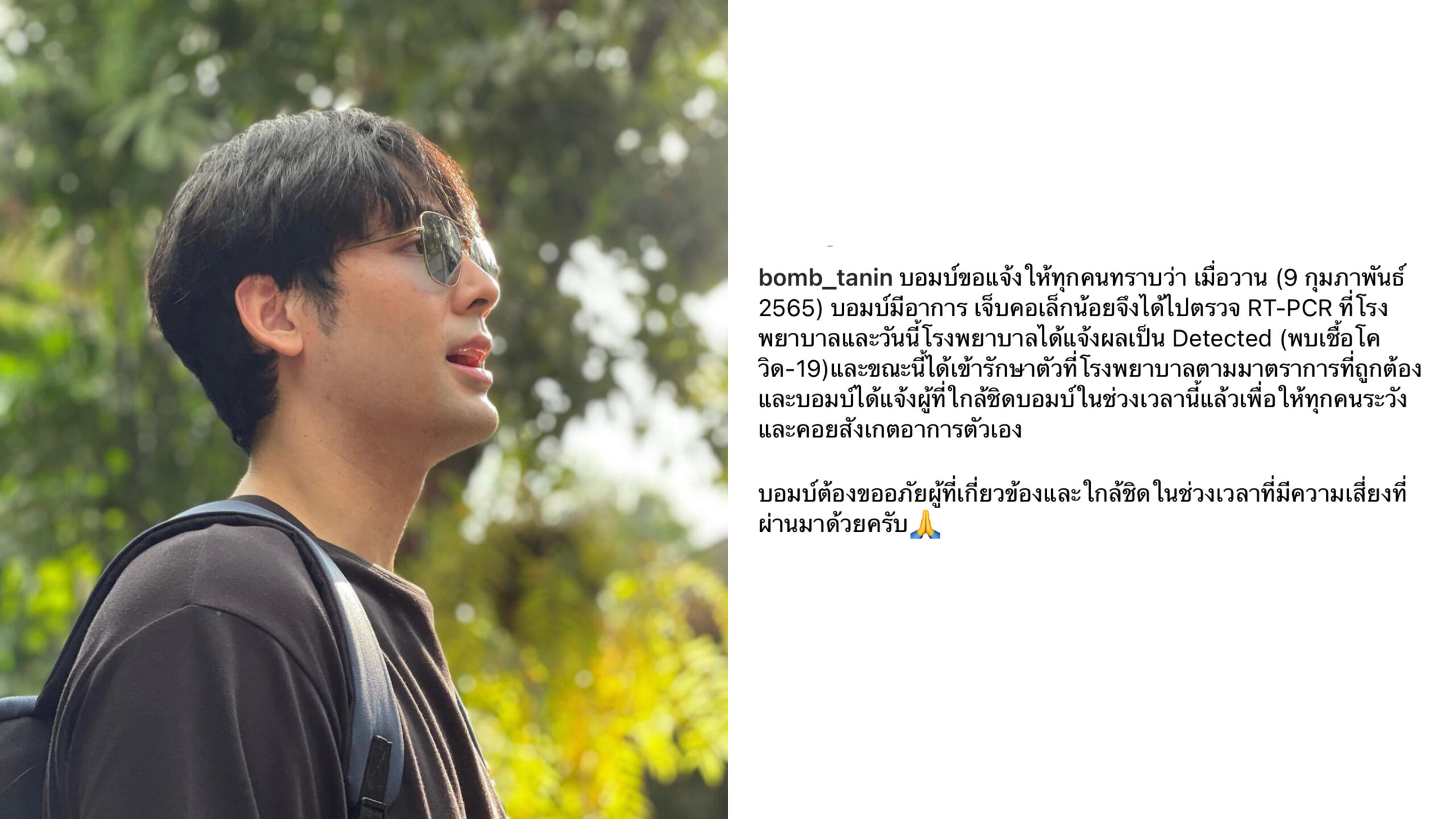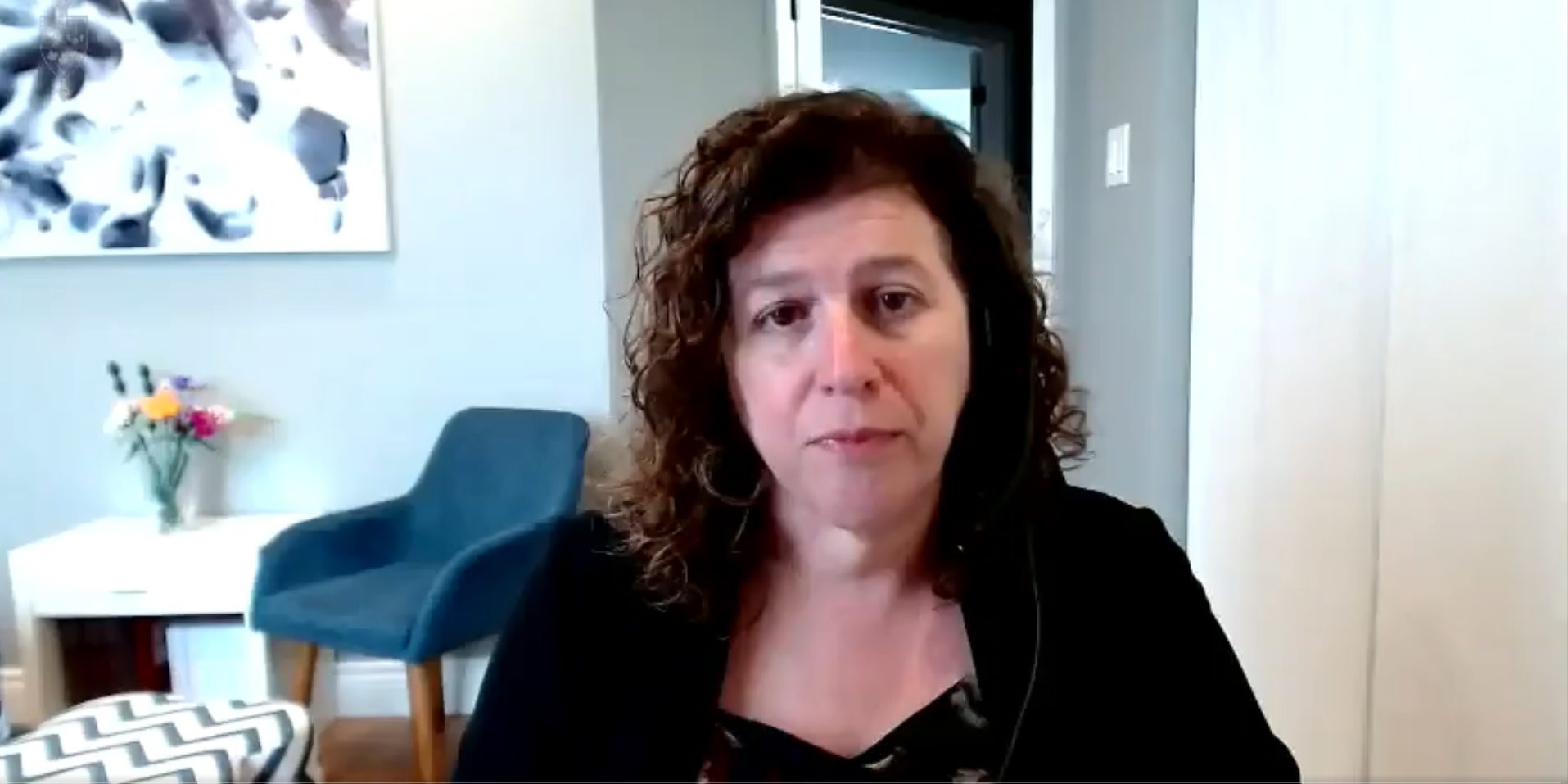The Minister of Agriculture, Luis Planas, maintains his full disavowal of his colleague in the Council of Ministers, Alberto Garzón, but he has extended his criticism not only to the head of Consumer Affairs – with whom he still does not speak after the controversy -, but also to the Popular Party , whom he has accused of using livestock as a throwing weapon in the face of the next elections in Castilla y León.
Ten days after the controversy broke out with the statements of Alberto Garzón in The Guardian on the “export of poor quality meat from mistreated animals” in the system of macro-farms in Spain, Planas has received representatives of the livestock sector, who have demanded that “the intensive livestock, questioned by the Minister of Consumption.
Planas, who had already left on Tuesday in a rush to disable orizar Garzón in numerous media after remaining silent for several days, has ratified this Friday his defense of the sector by asking for “respect” for Spanish farmers, although on this occasion he has turned his criticism towards the PP , demanding that the “political manipulation” end with respect to the generated debate and that has already lasted, in the opinion of the head of Agriculture, “many days”.
In this sense, Planas has criticized that the campaign launched by the PP with the slogan More livestock, less communism “confirms” that the “concern” of the populars “it is not livestock but the electoral campaign in Castilla y León and creating discussion and conflict” and has lamented that “some only talk about livestock when there are electoral campaigns”. In this sense, he has assured that the “balance” of the PP in its concern for the sector is limited to “two posed photographed” of its leaders in the last dates.
In parallel, the Minister of Agriculture has confessed that he has not yet spoken with Garzón about this controversy, despite the fact that they coincided on Tuesday in the Council of Ministers, but he has reiterated that his statements were ” absolutely inaccurate” and “may have a political impact at an international level”, although he has stressed that at the moment it is not affecting at a commercial level.
In any case, Luis Planas has recognized that “what hurts me the most” about the controversy “is the deep ignorance about the reality of Spanish livestock farming”.
The agricultural organizations -which this Thursday announced a large mobilization of the rural world next March 20 in Madrid for the numerous “grievances” of the Go government during this legislature – have explained that the vast majority of cases of this type of farm are linked to small family farms and cooperatives, and “are necessary” in the current production model in the face of a high global food demand.
In addition, they have specified that they “rigorously” comply with the “abundant and strict” European, national and community legislation on animal and environmental health.
Meeting with the European commissioner
He was also present at the meeting the European Commissioner for Agriculture, Janusz Wojciechowski, who in turn has supported the quality of Spanish meat exports: “There is no reason” to believe that Spanish meat is of lower European quality because it follows “the same standards” as the rest of the productions of the European Union, in aspects such as health, welfare, animal welfare or food safety.
With respect to agrarian organizations, the president of Asaja, Pedro Barato, has highlighted the need for coexistence between extensive and intensive farming, giving as an example the livestock animals that are born and live for a few years in extensive and then goes on to fatten up in intensive feedlots until slaughter.
“This is the current model and absolutely necessary to feed a growing world population,” Barato pointed out, although he has also pointed out that the livestock sector lacks being more “educational” to transfer the reality and benefits of this production model to society.
Cheap has supported this week to Luis Planas in his defense of the ranchers, although he regretted that his statements, after the controversy broke out, came “late”. The president of Asaja has added that Garzón, with his words, “endangers the viability” of livestock farming in Spain and has asked that “they stop intoxicating” about this controversy and “leave the farmers alone.” The ‘criminalization’ of livestock farming
Meanwhile, the general secretary of COAG, Miguel Padilla , has demanded “not criminalize” intensive farming for the fact that it is, because it is necessary in many areas of Spain, because “sometimes not everything can be extensive”, and has lamented the confusion that exists, in general, about both models of production, the extensive and the intensive.
In this sense, he recalled that in Spain there is no legislation that defines what a macro-farm is, but there are regulations in force on planning in the poultry and pig sector, which is fulfilled by the vast majority of farms.
Specifically, it refers to the decrees approved by by this Government in the years 2021 and 2020, respectively, and has valued that the Ministry of Agriculture is working with another new regulation in the same direction for the beef sector.
For For his part, the general secretary of UPA, Lorenzo Ramos, has grateful to Planas and to the commissioner himself who has defended the quality of Spanish meat. Ramos met this Thursday with Alberto Garzón himself, to whom he conveyed the “discomfort” existing among the ranchers due to his statements.
This agrarian leader has asked that Spain legislate with the aim of specifying what a macro-farm is and the conditions it must meet, and added that now there is a good opportunity with the new decree that is being prepared regarding beef. In addition, he has stressed that “there is no animal abuse, but a vast majority of farms in extensive, semi-intensive, ecological or intensive that are traditional and that do things very well.”
The demands of the countryside
Finally, the agrarian leaders have shown their concern in the meeting with Planas and the European commissioner for aspects such as the future CAP or the exorbitant rise in production costs. In fact, this Friday it has been confirmed that in 2021 the prices of feed for livestock registered increases of between 12% and 26.5%, depending on the species, according to data published by the Ministry of Agriculture itself. .
The most pronounced increases occurred in feed for Iberian pigs and sows. Some types of feed far exceeded the barrier of 400 euros per tonne and the few remained below 200 euros.
The agrarian mobilizations -initiated in December throughout the Spanish geography – will continue during these months through the autonomous communities until reaching a large concentration in Madrid on March 20, which will be joined by hunters and associations from the rural world in general.
According to the criteria of
Note: This article has been indexed to our site . We do not claim legitimacy, ownership or copyright of any of the content above. To see the article at original source Click Here













